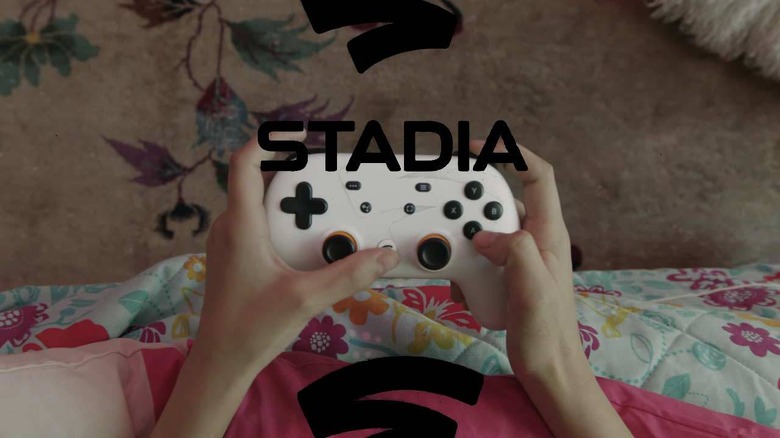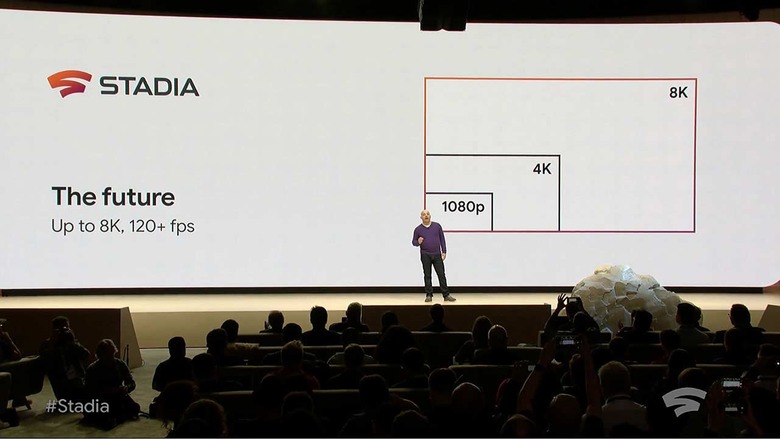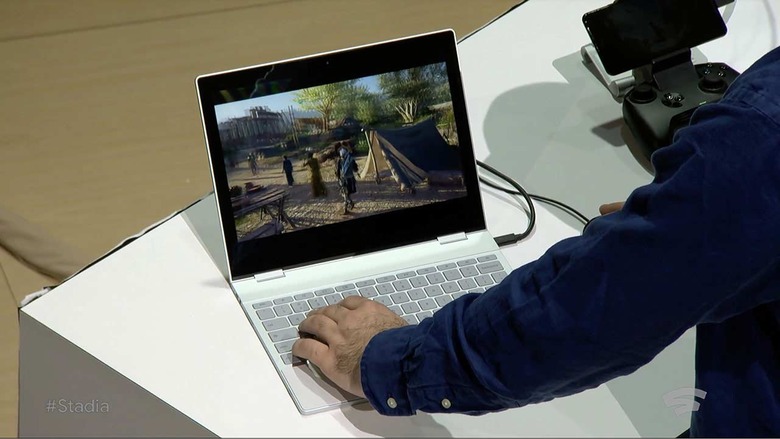Google Stadia: 5 Big Questions That Still Need Answers
With a release date inside 2019, Google Stadia seems like a cloud gaming service that should be pretty much ready to launch. To that end, we've got a few unanswered questions we'd like to explore. Like what will this service cost, and at what point can I play Crysis on my device that was never, ever meant to handle such a massive processing nightmare?
1. Why Google instead of NVIDIA?
NVIDIA's been trying different iterations of cloud game streaming for almost a half-decade, coming correct with Remote GameStream all the way back in April of 2014. So what's to stop me from using GameStream to stream my PC games from my PC out into the world, anywhere, to an NVIDIA SHIELD device?
SEE TOO: Just what the heck is Google Stadia?
I dropped the answer inside the question – it works just fine, but it doesn't work with just any Android device. NVIDIA's Remote GameStream doesn't work on your Galaxy S9 smartphone, and it certainly doesn't work on your iPad. But if you've got any version of the NVIDIA SHIELD, you're in business – go for it!
NVIDIA also has an NVIDIA SHIELD Android TV mirroring system in the form of NVIDIA SHIELD's GeForce NOW beta. If you've got an NVIDIA SHIELD Android TV device, I am just SHOCKED you've only heard about this just now.

2. How fast does my internet need to be?
According to an interview with Kotaku, Google VP Phil Harrison suggested there was a recommended limit for 4K resolution games at 60fps. That limit was 30 megabits per second, and an approximately 25 megabits per second limit was recommended for 1080p gaming at 60fps. But what about mobile gaming, and what about when I'm in an area where my mobile connection isn't particularly strong?
The question here isn't about the speed at which Google suggests we game, but the speed at which Google Stadia no longer functions. Could we potentially play a game of extremely ineffective DOOM at 10 megabits per second? Or even slower?

3. What's this going to cost me?
We could probably pretty safely assume Google's Stadia service will cost an amount of cash per month. That's what Microsoft does with Xbox Live. They charge an amount of cash per month to everyone who wants to play games with their Xbox One online. That takes care of the cost of keeping servers up and running.
But will the cost of Stadia service be baked in with additional Google services? Will I just be buying time for Google cloud computing? Will I get some free Google Drive space, or an email box full of special offers and recommendations for games I'll want to buy soon?

4. Which games will benefit?
Which games will be best when played across multiple devices? Will my newfound ability to play Diablo II on all devices be my inevitable downfall? Can you imagine the chaos that would've caused if Ultima Online was also available on smartphones for students to play while they were at school?
Or is that already the case? Is this just the inevitable next step in a world where the smartphone will eventually become the do-anything computer, and AAA games will very obviously be available on any device? Probably that's the situation. I'd like to know which sorts of games the creators at Stadia believe will stand to benefit the most from multi-device functionality, really!
5. Can I trust you, Google?
It's safe to assume that whatever games we're going to purchase for Google Stadia will be able to be downloaded and played locally on our home PC, just as well as in the Stadia cloud. I mean, I would hope. If that's true, I wouldn't have any reservations buying games from Google, directly or indirectly, so long as I could keep playing said games locally if Stadia stops functioning in the distant future.
Google's become a bit infamous for shutting down services over the past decade. It's not for lack of trying – in fact it's because Google's so willing to shoot for the moon that they appear to be shutting down services at such a high rate. But as the saying goes, try now and failure's possible, try never and failure's assured.
